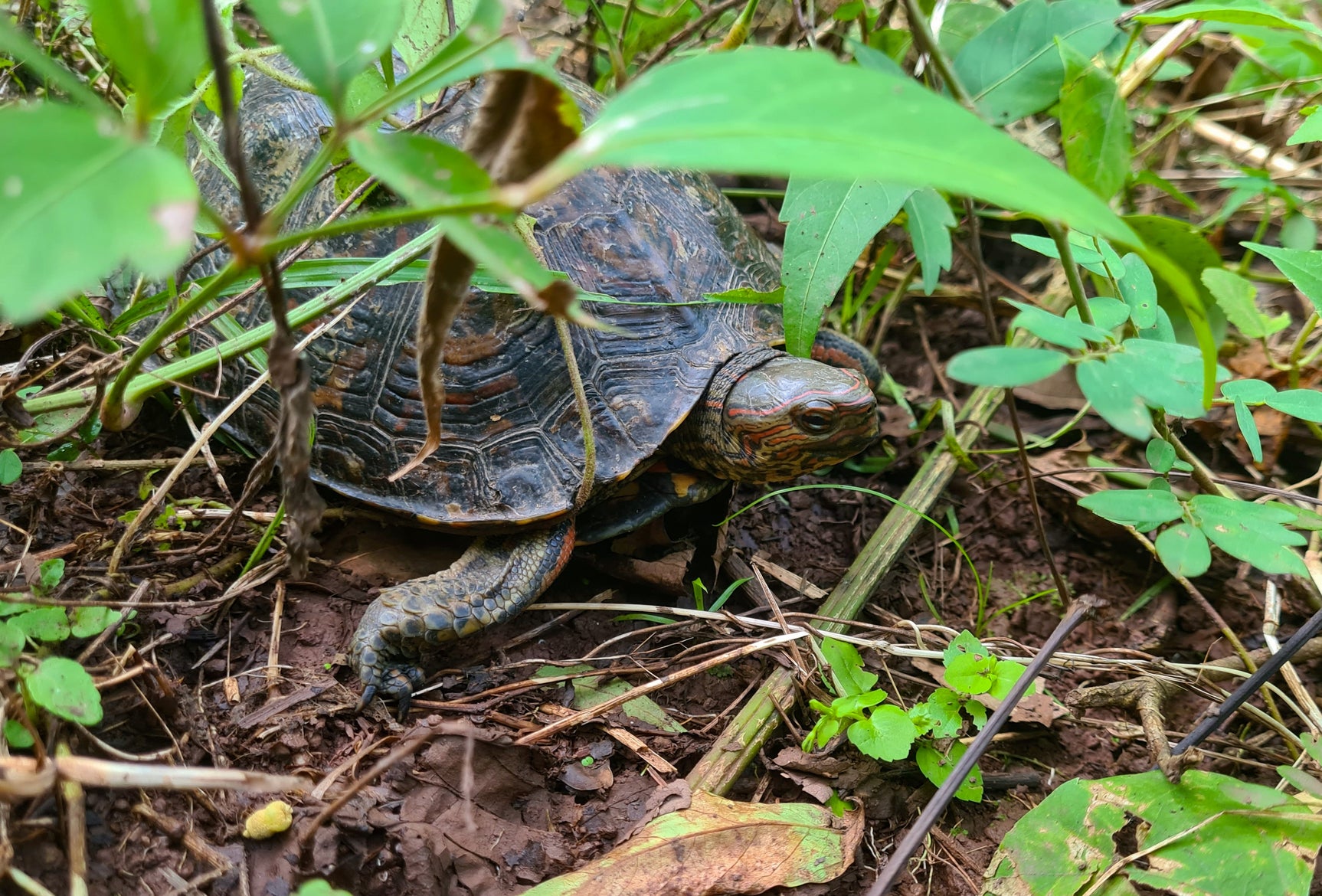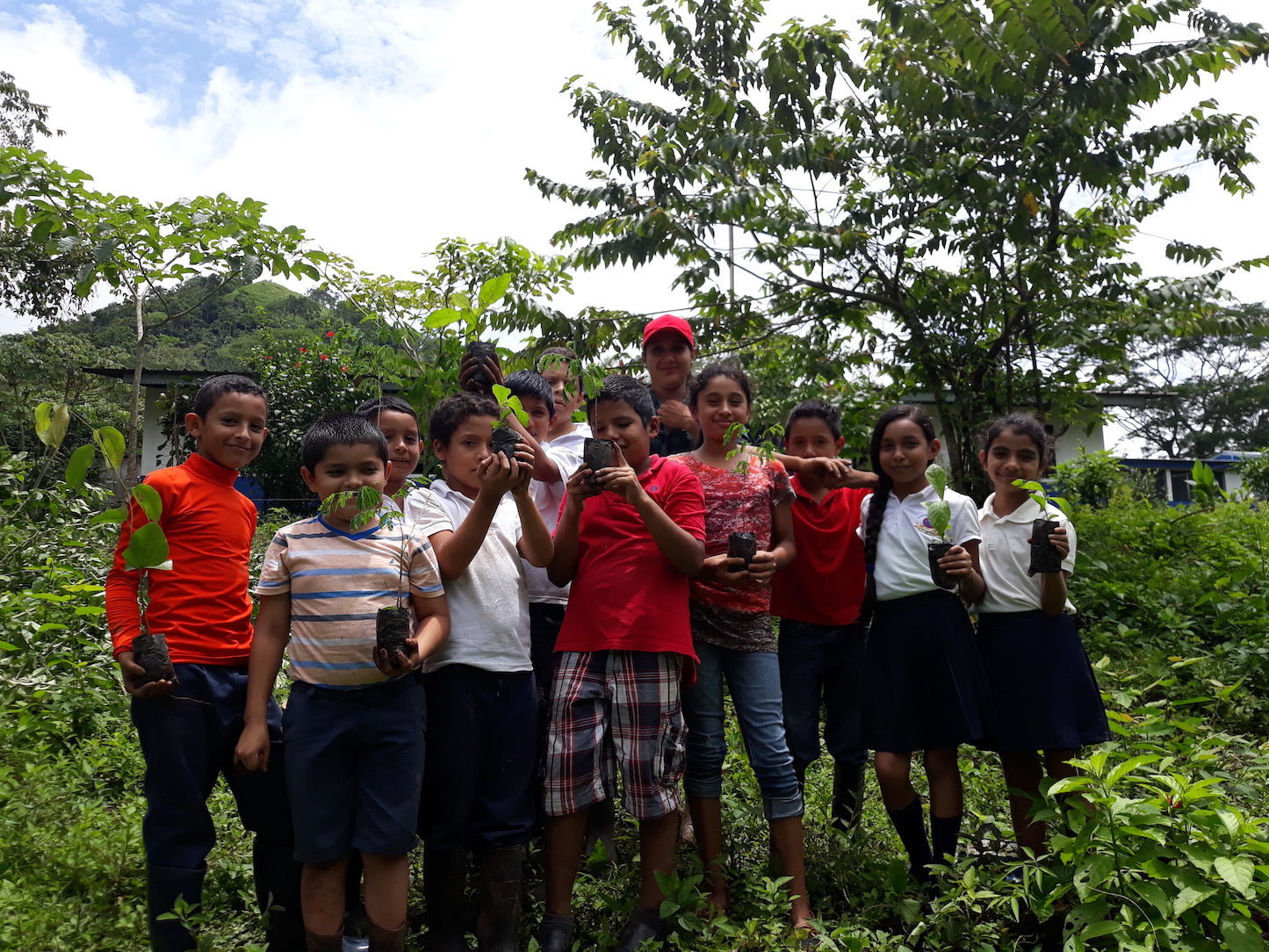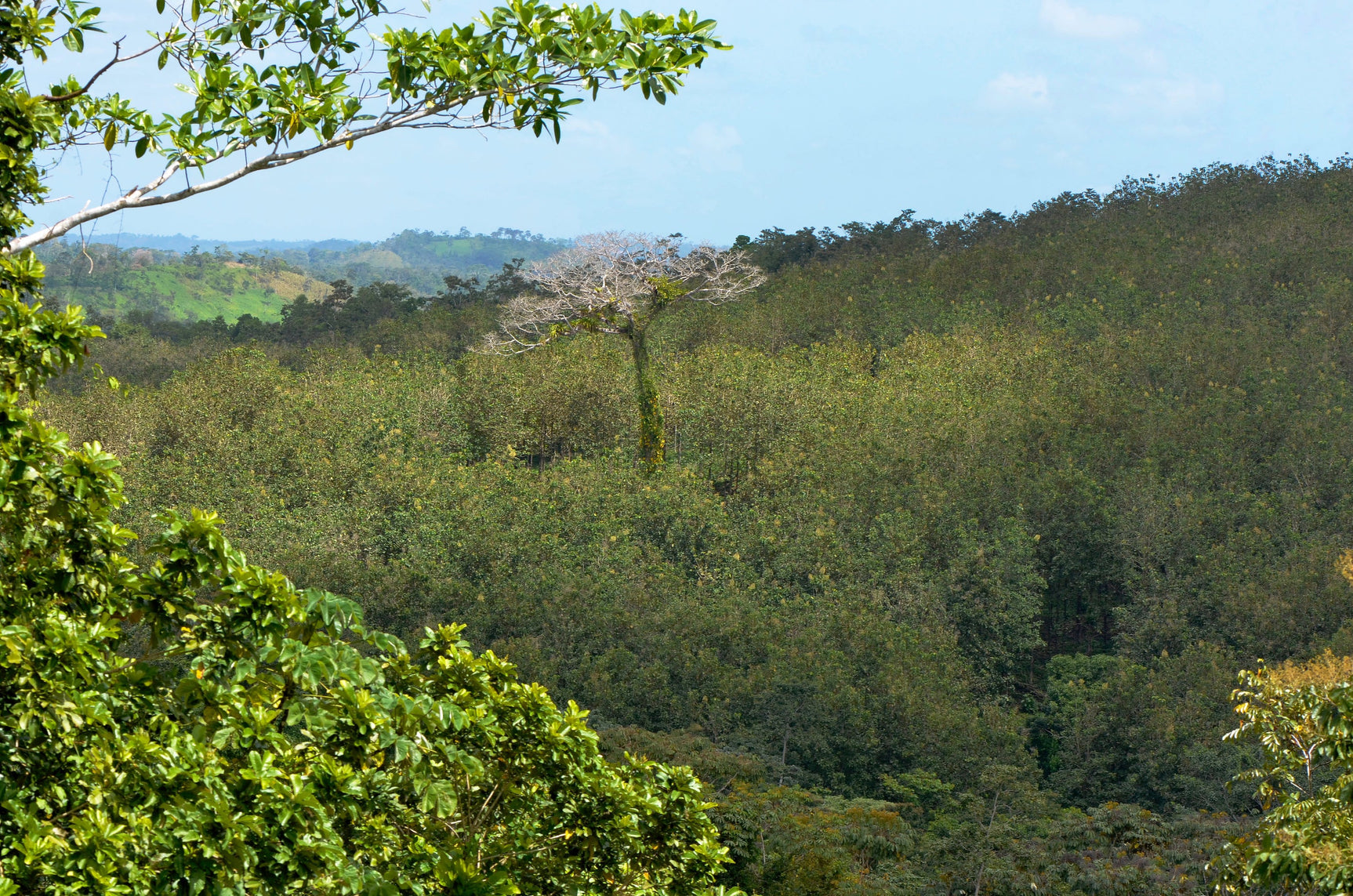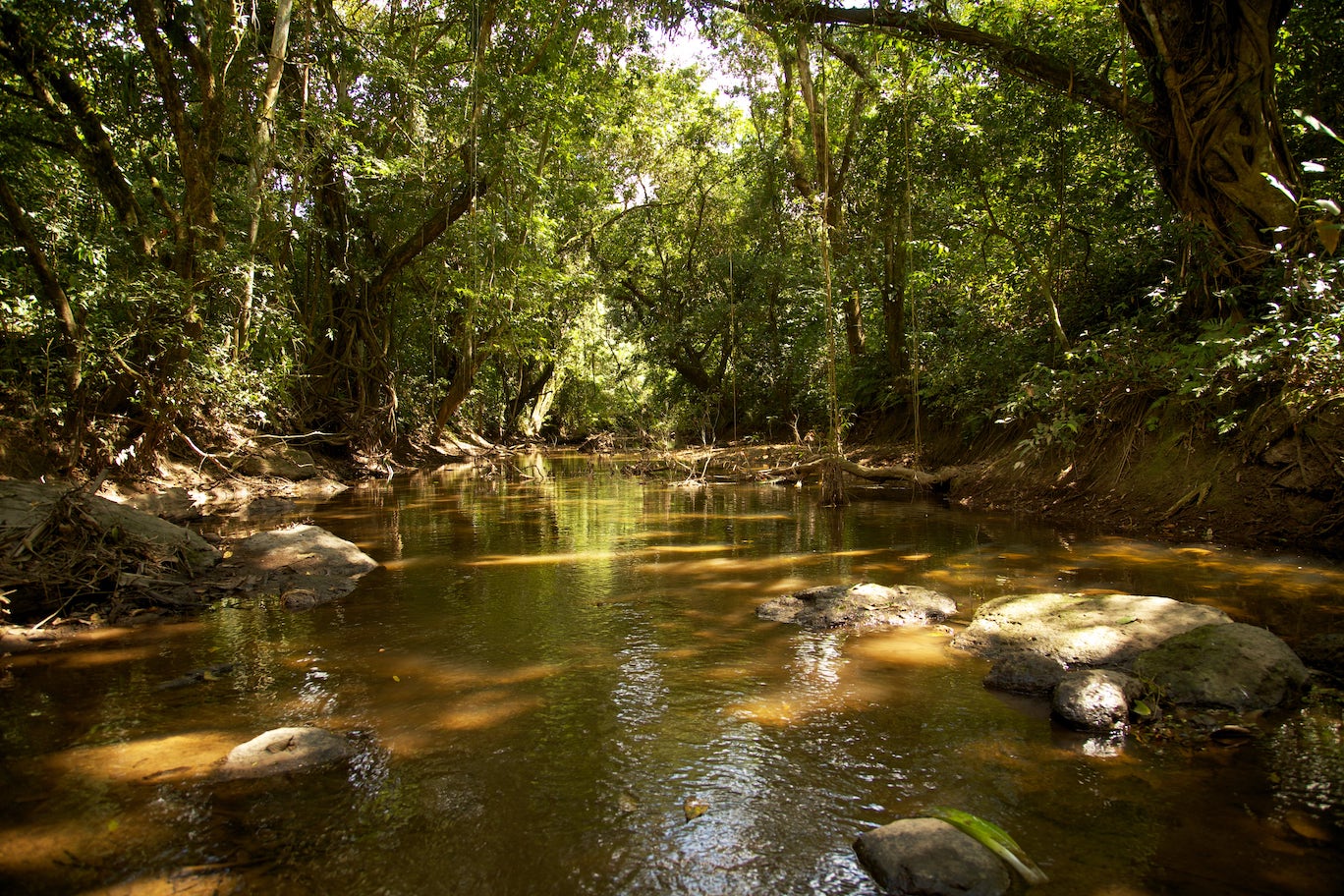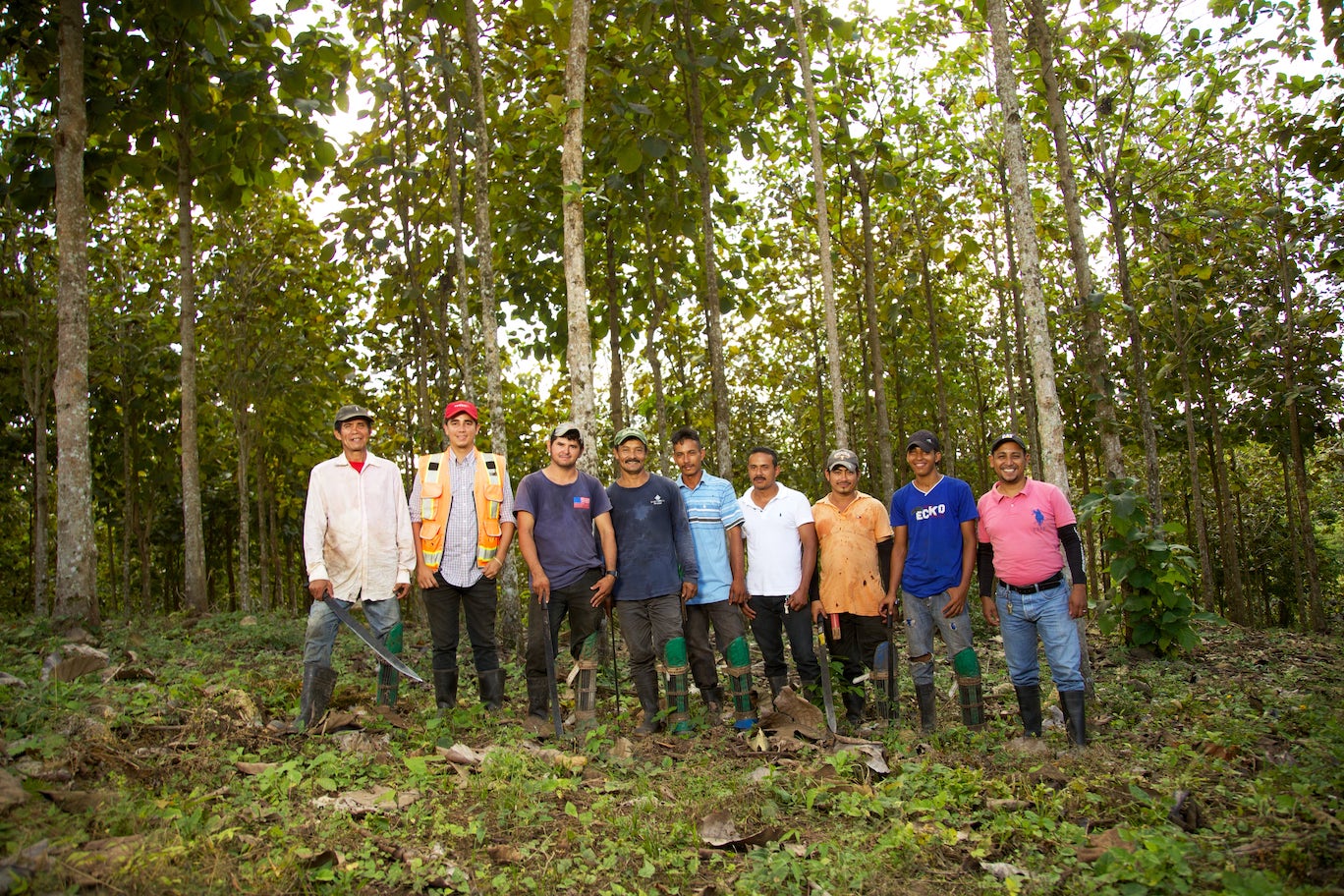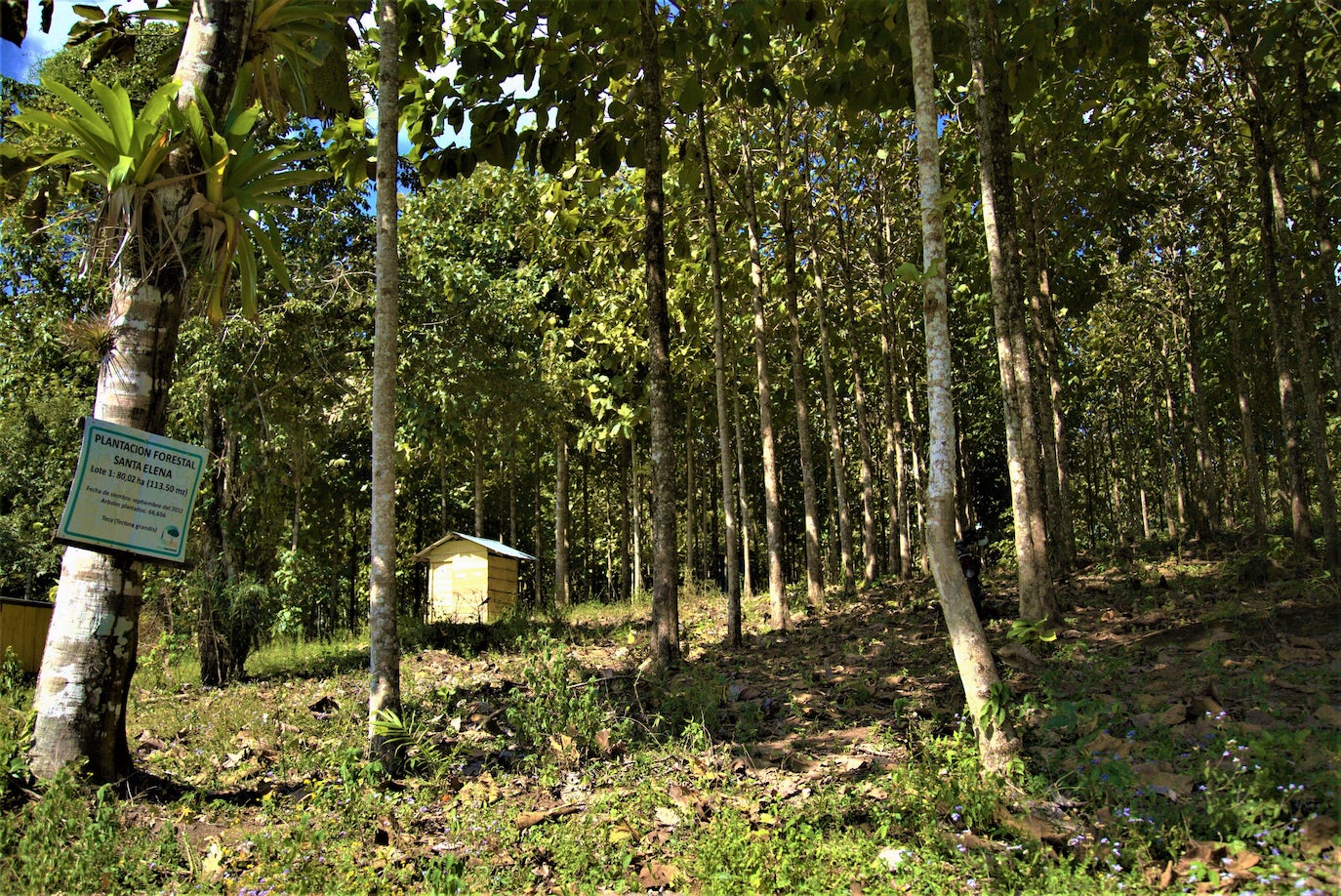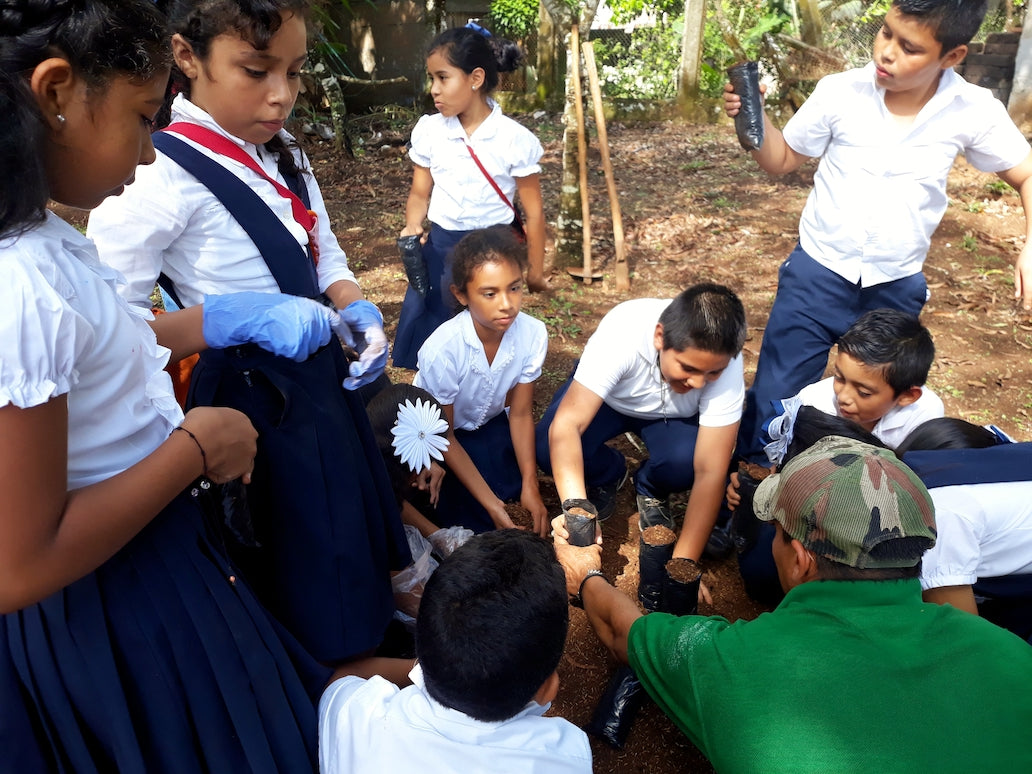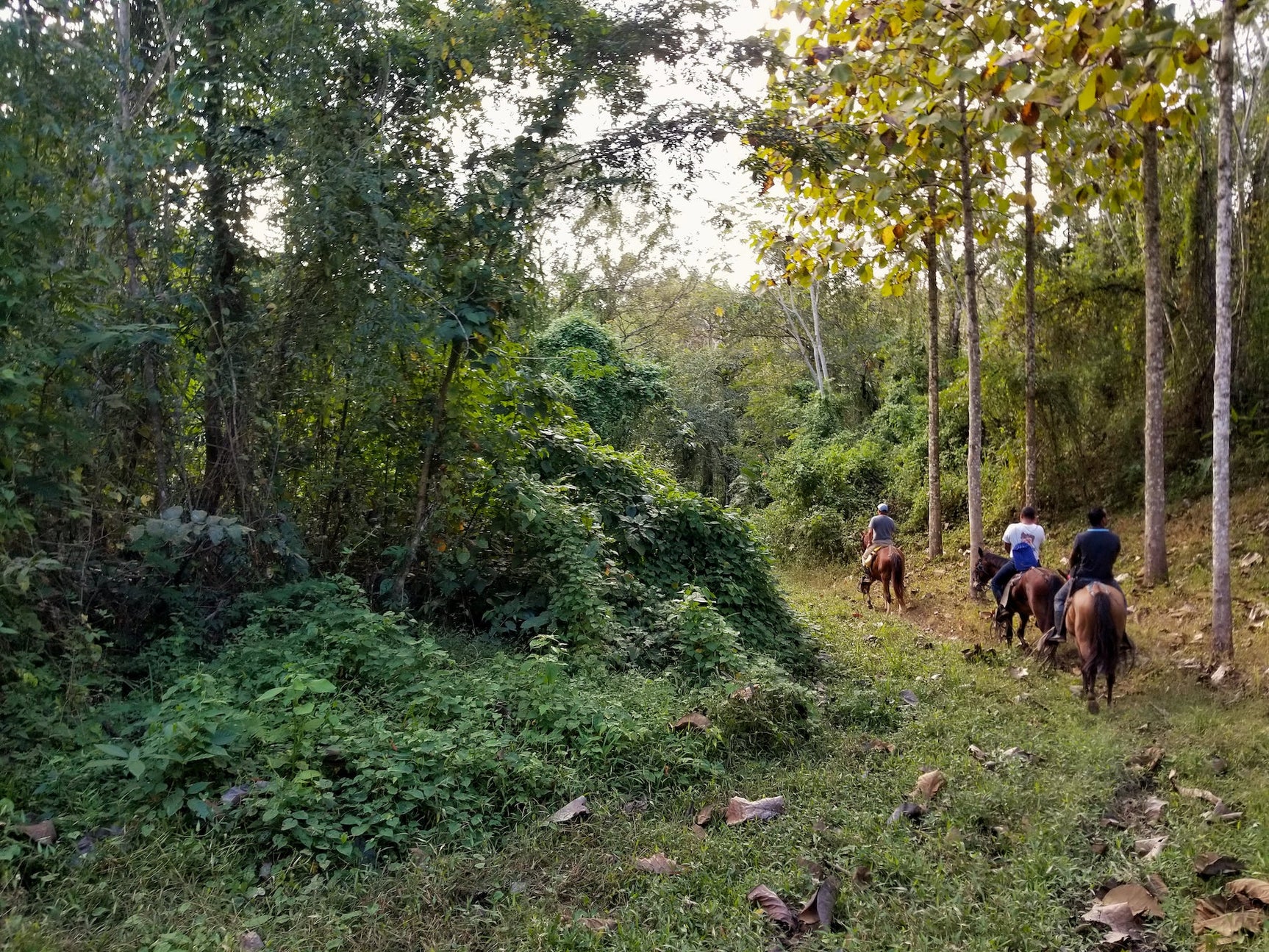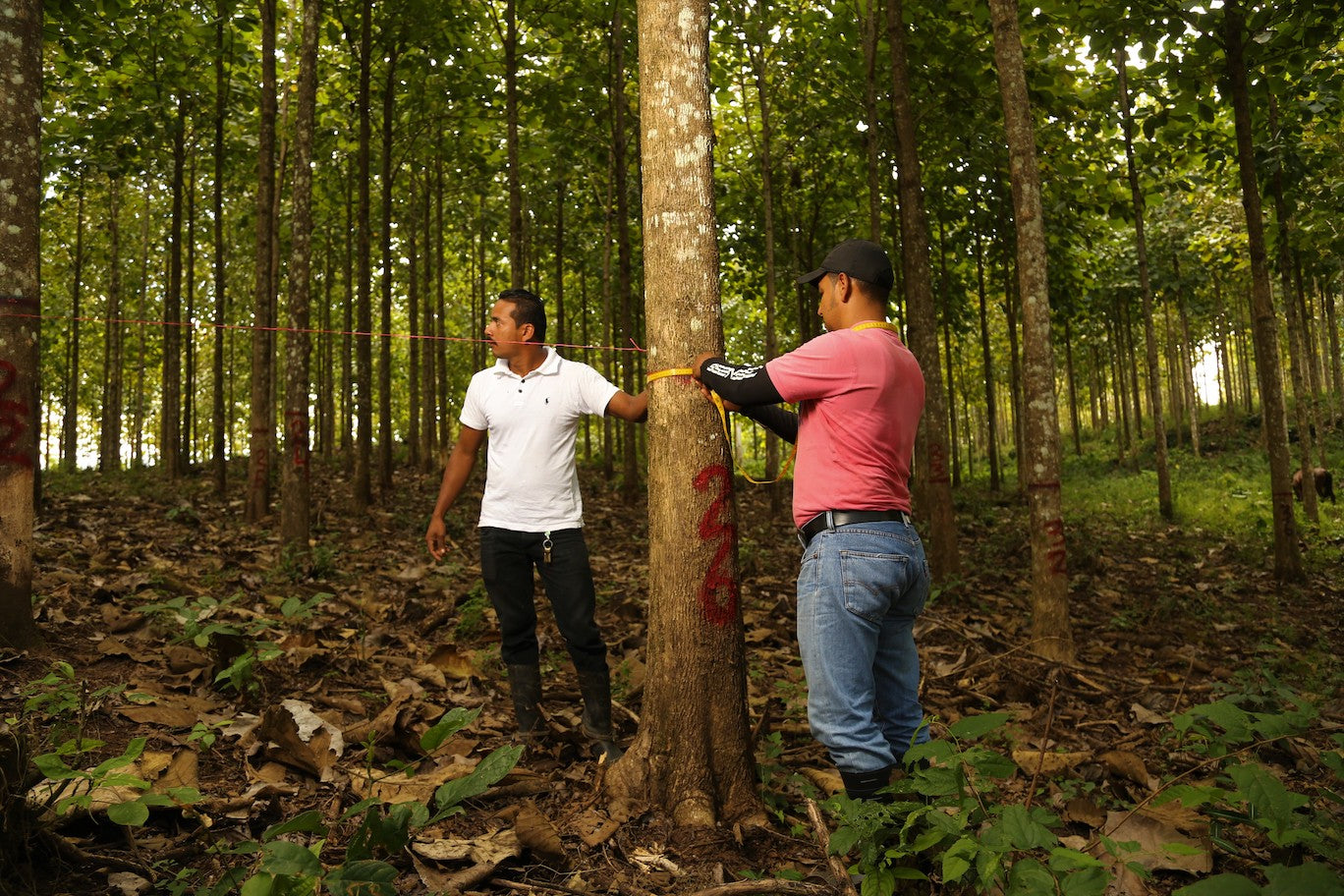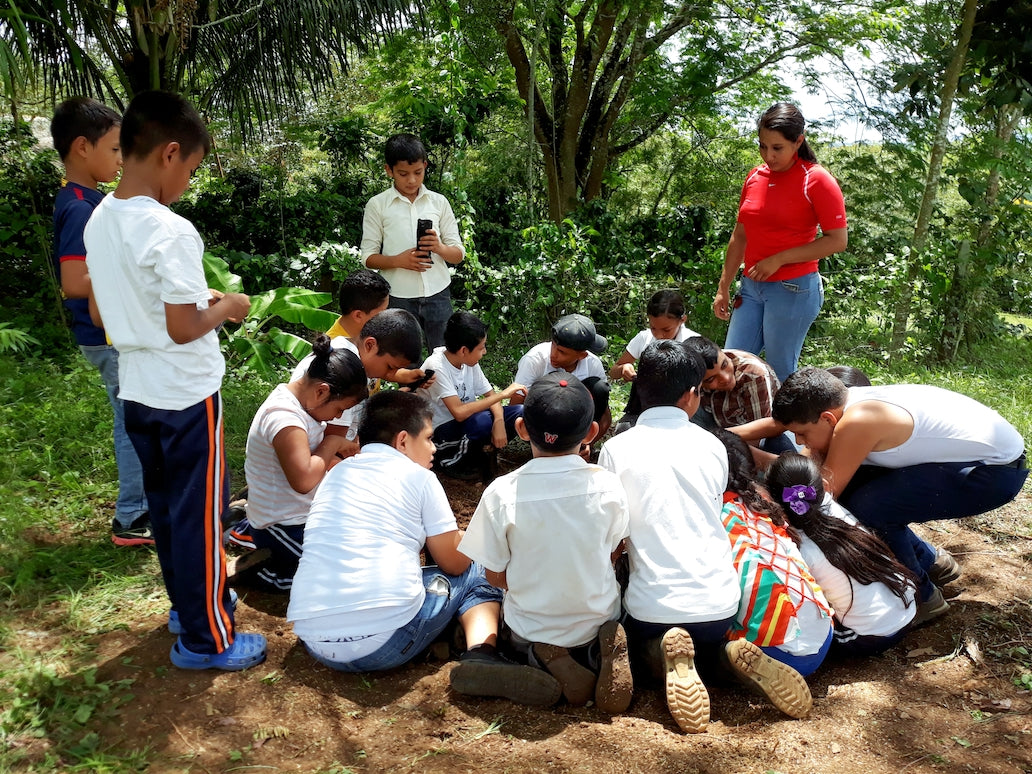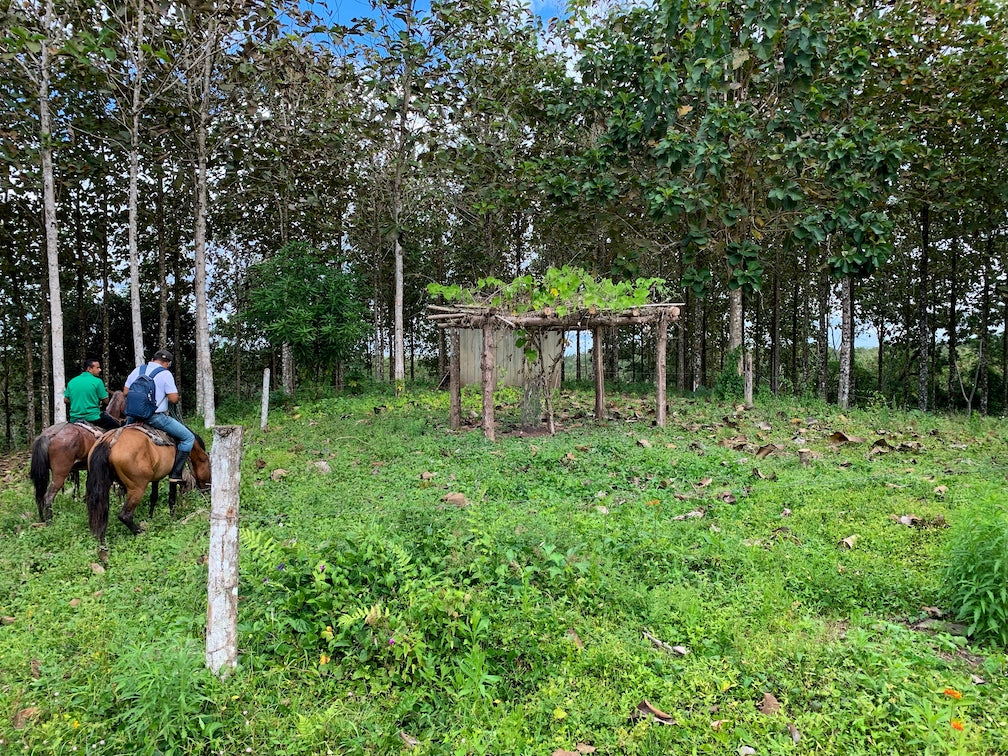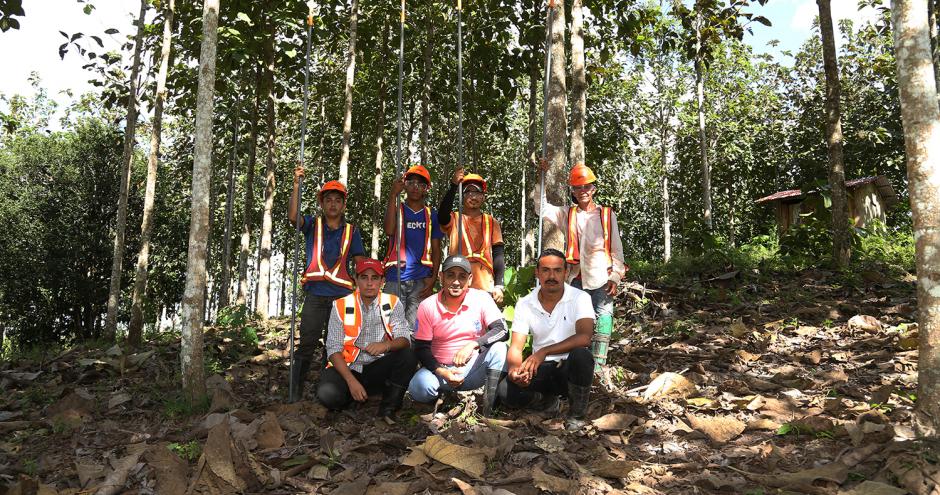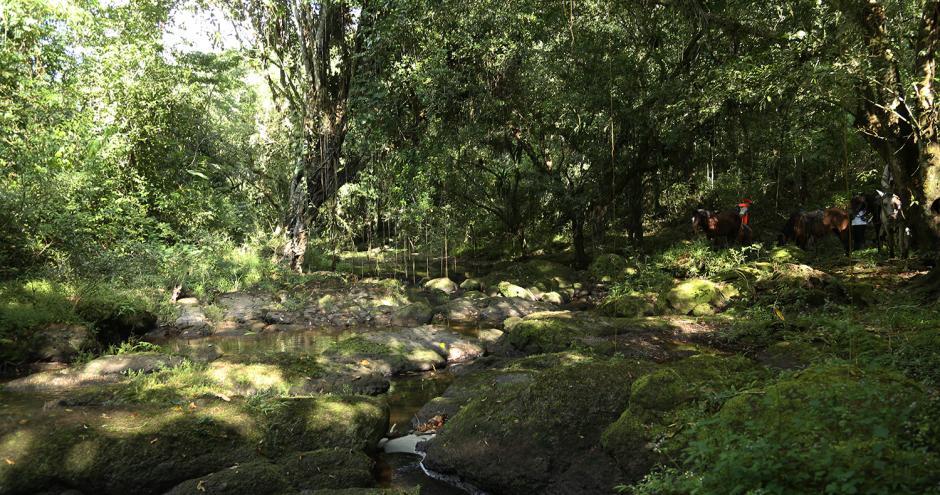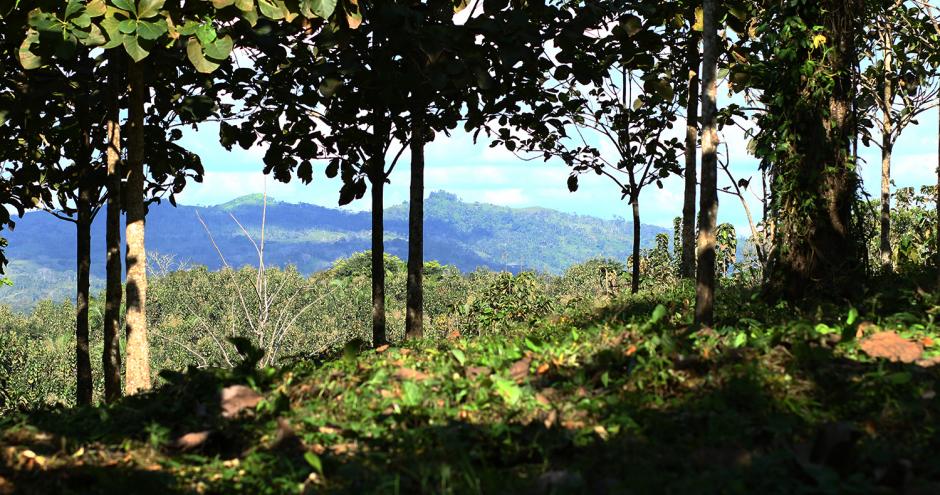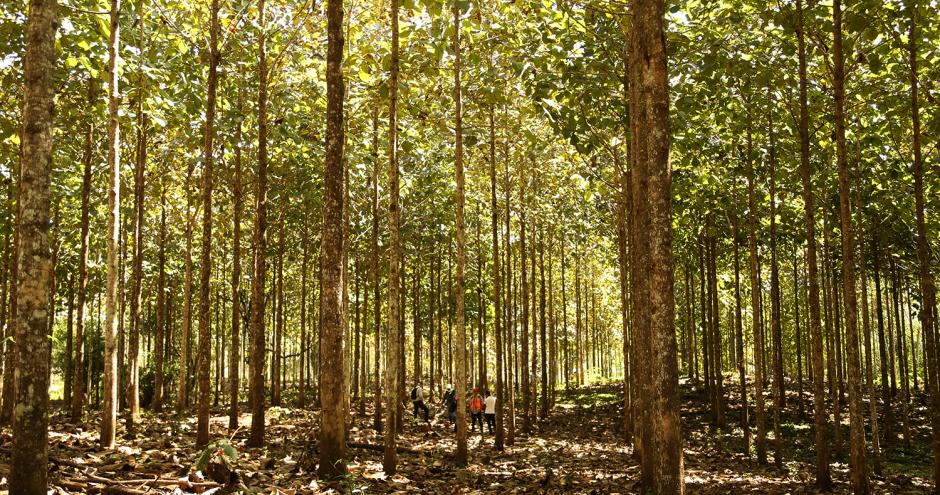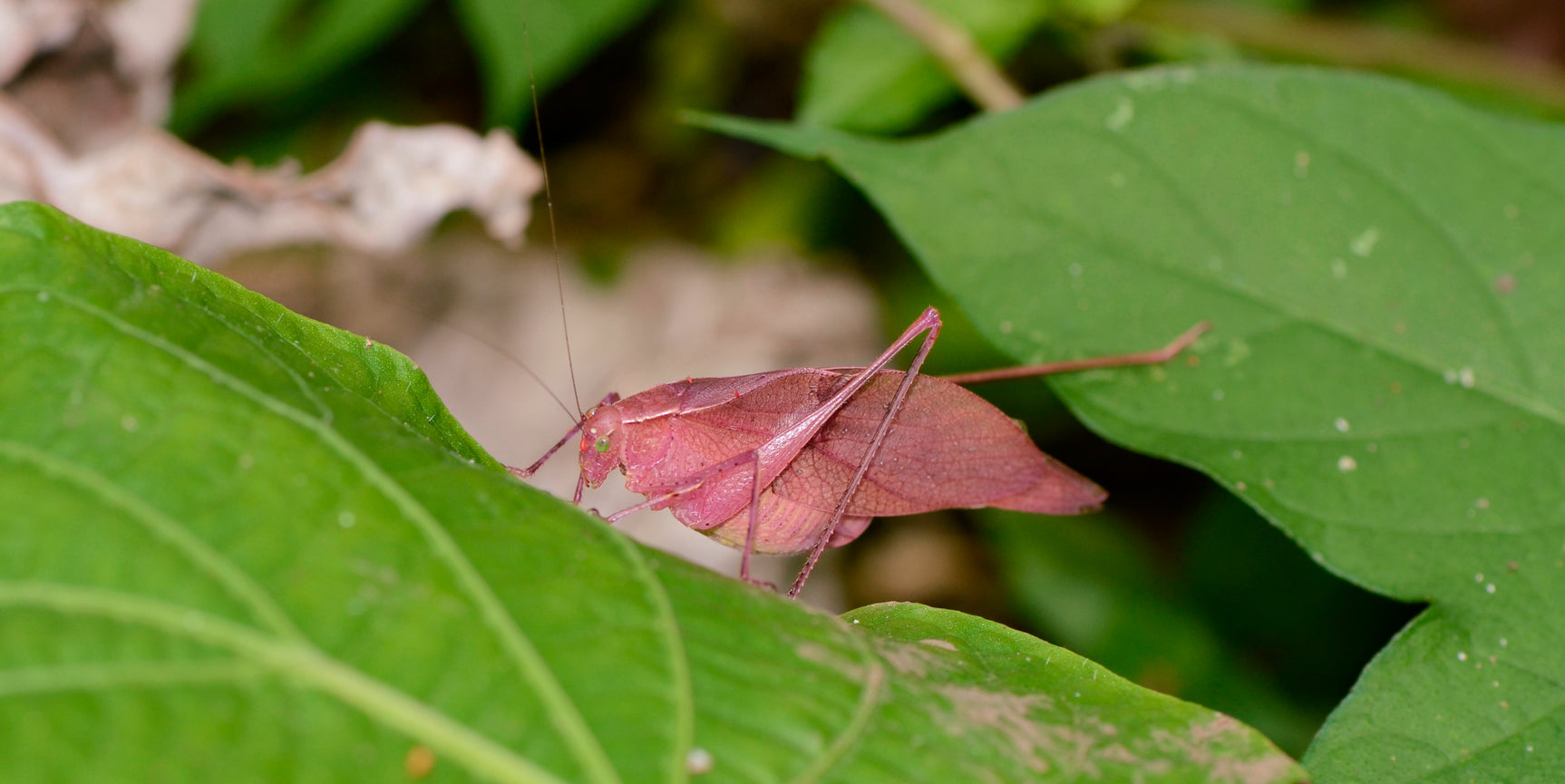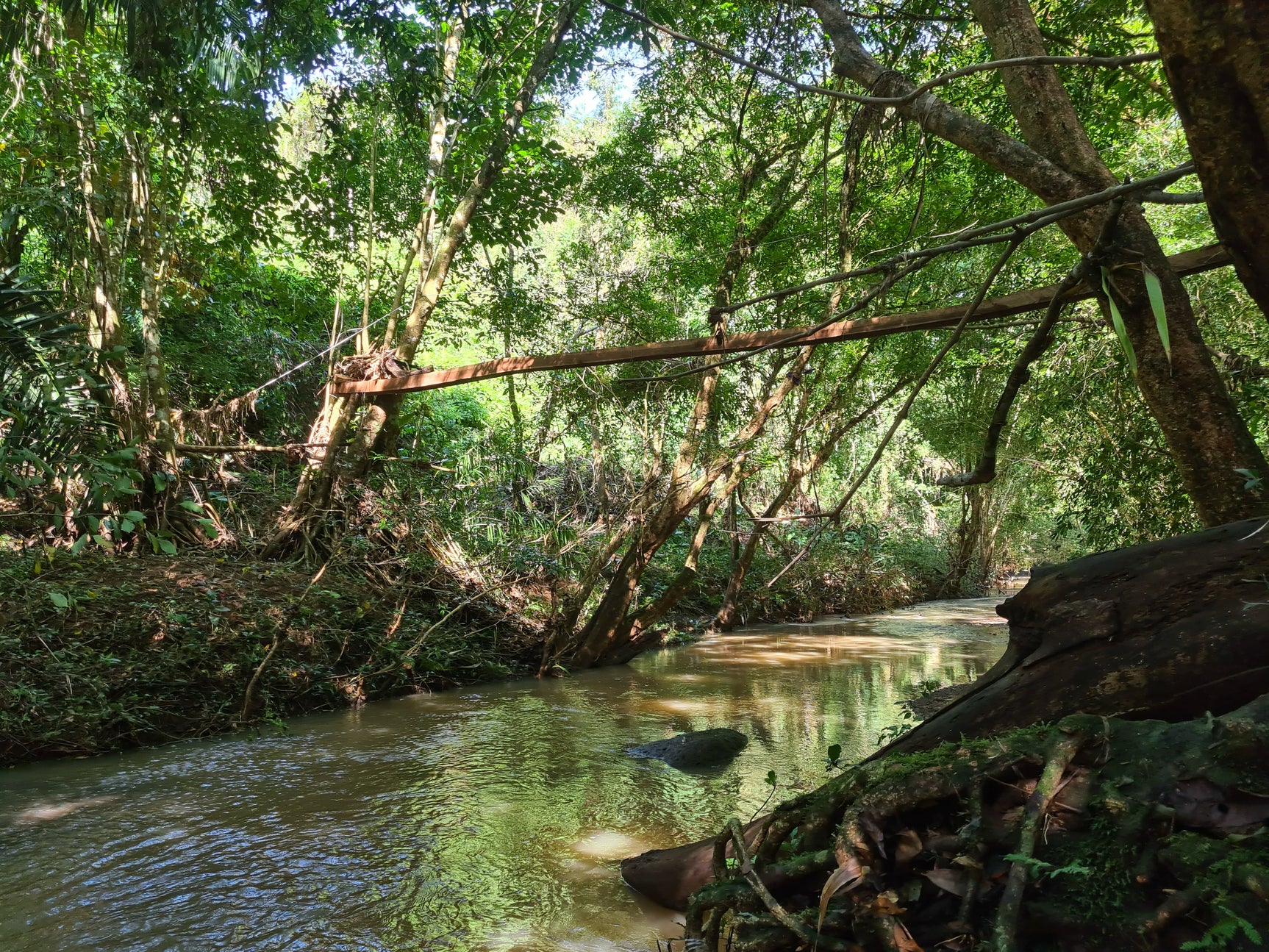The Nicaforest High Impact Reforestation Program
The Nicaforest High Impact Reforestation Program is backordered and will ship as soon as it is back in stock.
-
REGION: Nicaragua
PROJECT SCALE: Small
PROJECT TYPE: Nature CDR
PROJECT DEVELOPER: Across Forest
VINTAGES: 2015, 2018, 2019, 2020SDG IMPACTS: -


Decent Work & Economic Growth

Climate Action
SELLER
Across Forest AS
PROJECT SUMMARY
Nicaforest (GS4220) is a reforestation and conservation program in Nicaragua that combines carbon removal, social impact, and a shared-benefits forestry value chain to create long-term incentives for land stewardship.
Across 365 hectares under management, the program restores previously deforested land through the planting of teak as well as complementary species for future timber and value-added wood products, while actively protecting remaining patches of native forests - especially along rivers and watershed areas. Operational safeguards include riparian protection measures (including no-harvest buffer zones near waterways) and land-management practices aimed at protecting soil and water resources.
Nicaforest is built around three reinforcing pillars:
1) Protected Areas & Reforestation
A meaningful share of the land under management is maintained as protected or native forest conservation, supporting habitat connectivity and safeguarding biodiversity while restoration takes place on degraded land.
2) Sustainable Value Chain (a permanence lever)
Through Shared Benefit Agreements, local landowners gain access to carbon and timber markets, creating a sustainable, viable, long-term economic alternative to continued land degradation. This structure helps align incentives across decades, supporting durable climate outcomes.
3) Social Impact with a focus on education
The program links climate action to local development via education, job creation, and food security initiatives, strengthening resilience in the surrounding municipalities.
The program is promoted by Norwegian company Across Forest AS and operated locally by Nicaforest Plantations S.a in Nicaragua.
PROJECT IMPACTS AND BENEFITS
Nicaforest holds Gold Standard for the Global Goals certification and is measuring, taking action, monitoring, and reporting on priority SDGs:
- SDG 4 – Quality Education: Sustainability-based education initiatives across elementary, high school, and University students, alongside internships, workshops, and practical training that build forest-management skills.
- SDG 8 – Decent Work & Economic Growth: Formal employment and capacity-building, plus shared-benefits mechanisms that diversify rural income and create a Sustainable Value Chain around the forest.
- SDG 13 – Climate Action: Carbon removals through reforestation, combined with land and watershed stewardship measures that protect ecosystem function. To date, Nicaforest has planted 360,000 trees, with total expected sequestration of ~98,000 tCO₂e. The program’s forest assets (reforested stands and protected forests) serve as carbon sinks while complementary watershed protection measures reduce pressure on surrounding ecosystems.
Other project impacts:
- Reduced deforestation & land degradation: Reforestation on previously deforested land across multiple farms/plantations.
- Biodiversity & native forest protection: Conservation areas are maintained and strengthened to protect native habitats.
- Watershed protection: Protective measures around rivers/creeks; harvesting restrictions near water bodies, and careful infrastructure timing.
- Jobs & skills: Seasonal employment during planting periods and permanent roles for forest management, with training and safety practices.
- Food security: Intercropping between tree rows (ex, beans) to create near-term benefits during early forest establishment.
- Providing quality education - The Nicaforest Reforestation program facilitates education through sustainability-based initiatives for Middle, High, University students and working adults. Providing internships for students from universities of natural sciences and working adults, through field studies. Aimed at enhancing students' practical skills in forest management through a learn-by-doing approach, complemented by theoretical instruction.
N.B. Individual vintages cannot be selected for purchase. Purchases will include credits from the vintage range stated.
Project certification documents can be found in the Gold Standard Impact Registry.


















